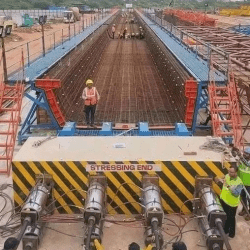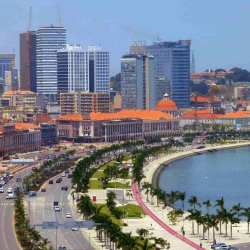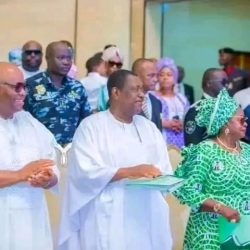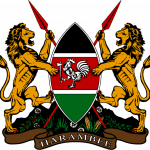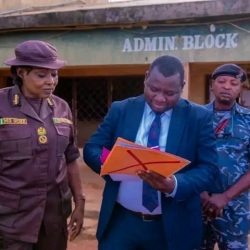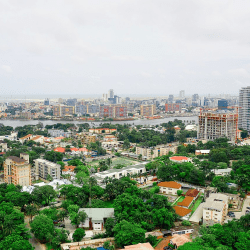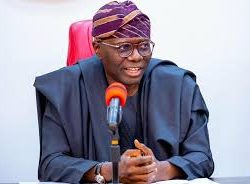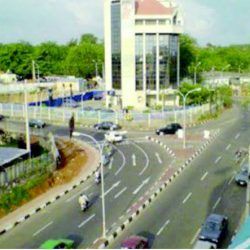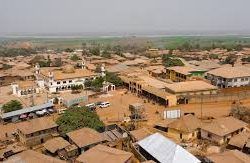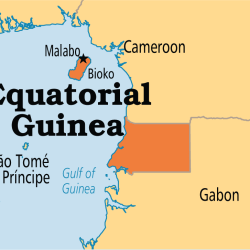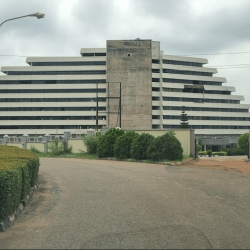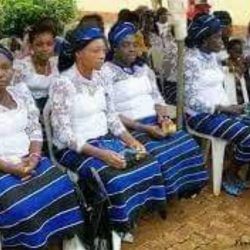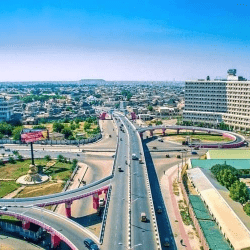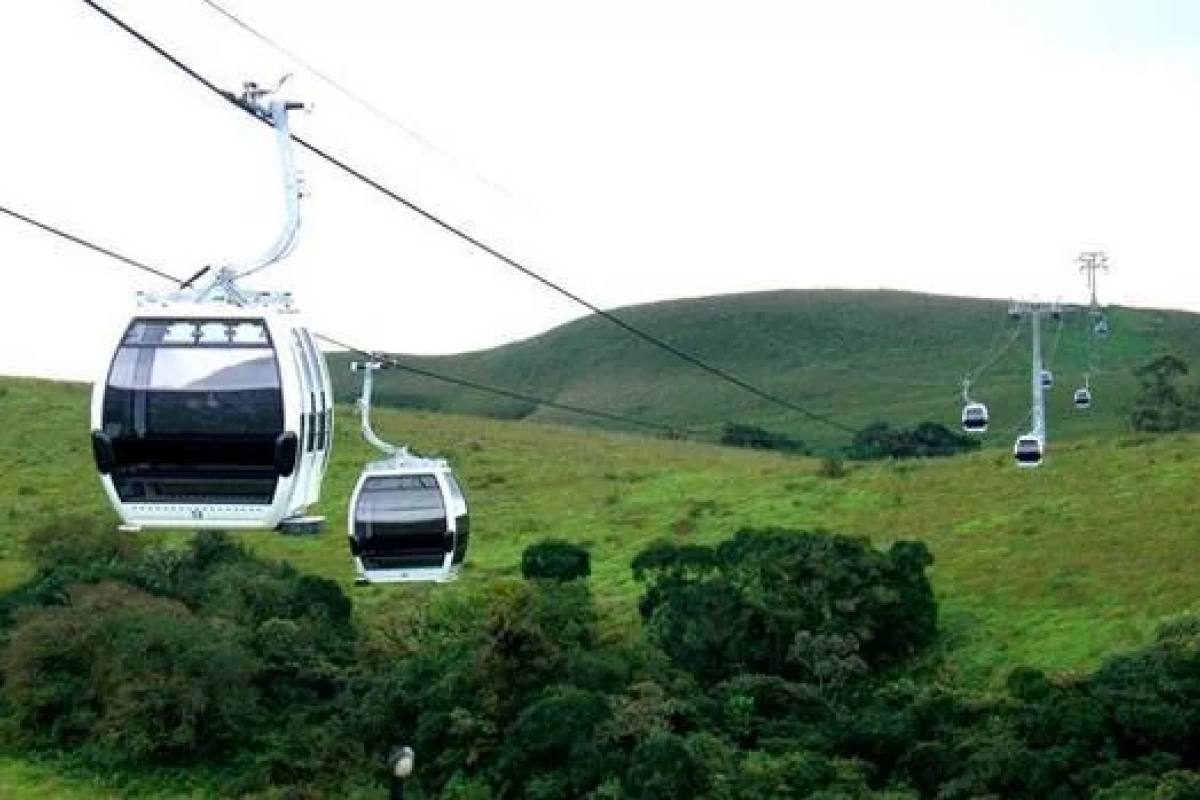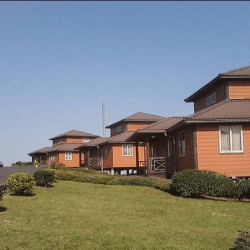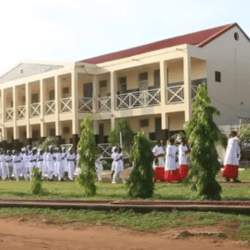The nucleus of Lagos State, one of the thirty six states in the federation is Lagos Island . Lagos, traditionally known as Eko developed as a fishing and agricultural town. The settlement consists of Lagos Island, Ijora, Iddo-Otta, Ikoyi, Apapa, Eti-Osa Yaba, Surulere and Ebute-Metta. The centre and most developed of these Island chain is Lagos Island which derived its name from the Portuguese imposition of Lagos de kuramo on account of its wetland topography.

The Binis ransacked the town in 1603. They established a Yoruba monarchy with strong Benin influences. The Benin group was later reinforced by different waves of settlers from Yorubaland and beyond. Lagos is inhabited predominantly by the Aworis, Yoruba repatriated slaves of Brazillian and Sierra Leonean origin, Benin descendants and some Nupes and Gambaris. Thus, Lagos is a melting pot of many cultures with Yoruba culture predominating and the Oba of Lagos at the apex of its native administration. Other major settlements in the Lagos environment are Epe, Ikorodu, Ikeja and Badagry.
Epe was founded by an Ijebu hunter called Urakoloye who on account of being stung by a wild black ant locally called Epe, gave the huntingstead its name, Epe, meaning the forest of the black ants. Ex-king Kosoko of Lagos and his followers later settled the town in 1853 after their exile from Lagos.
Awori migrants from Otta founded Ikeja in the 15th century under the leadership of Olofin. The town, Ikeja derives its name after Akeja Oni-gorun, one of the deities worshipped by its founders. There are well over fifty Awori settlements in the area, each with its own established chieftaincy. The traditional government of Ikeja is presided over by the Olu.
The Egun people of the Republic of Benin and the Ga/Ewe of Togo founded Badagry around 1425 A.D. Badagry traditional administration is presided over by De Wheno Aholu who supervises the eight quarters into which the town is divided. Ikorodu, fondly called ‘Kodu’, was established by Oga Lasunwon and his brother, both of who are princes of the Akarigbo of Ijebu Remo. On account of this, and the fact that he cultivated a vegetable farm in the area, the town has been referred to as Ikorodu Oga. The people of the area are predominantly Ijebu Remo with some Eko Awori in the coastal areas. The paramount ruler of the town is the Ayangburen of Ikorodu though each of the major settlements – Igbogbo, Ijede, Imota, Ipakodo have recognised chieftaincy.
Lagos after independence
Lagos is the commercial capital of Nigeria and the most populated city in the country and Africa.

Lagos was the administrative capital of Nigeria until December 1991 following the government’s decision to move the capital to Abuja in the centre of the country.

Lagos is a major African financial centre and is an economic hub.

The city has been described as the cultural, financial, and entertainment capital of Africa, and is a significant influence on commerce, entertainment, technology, education, politics, tourism, art, and fashion.

Lagos is also among the top ten of the world’s fastest-growing cities and urban areas.

The megacity has the fourth-highest GDP in Africa and houses one of the largest and busiest seaports on the continent.
The Lagos metropolitan area is a major educational and cultural centre in Sub Saharan Africa.

Lagos emerged as a home to the Awori tribe of the Yoruba of West Africa islands, which are contained in the present day Local Government Areas (LGAs) of Lagos Island, Eti-Osa, Amuwo-Odofin and Apapa.

Due to rapid urbanisation, the city expanded to the west of the lagoon to include areas in the present day Lagos Mainland, Ajeromi-Ifelodun, and Surulere.
This led to the classification of Lagos into two main areas: the Island, which was the original city of Lagos, and the Mainland, which it has since expanded into.
This city area was governed directly by the Federal Government through the Lagos City Council, until the creation of Lagos State in 1967, which led to the splitting of Lagos city into the present-day seven Local Government Areas (LGAs), and an addition of other towns (which now make up 13 LGAs) from the then Western Region to form the state.

The islands are separated by creeks, fringing the southwest mouth of Lagos Lagoon, while being protected from the Atlantic Ocean by barrier islands and long sand spits such as Bar Beach, which stretch up to 100 km east and west.

However, the state capital was later moved to Ikeja in 1976, and the federal capital moved to Abuja in 1991.

Even though Lagos is still widely referred to as a city, the present-day Lagos, also known as “Lagos Metropolitan Area” is an urban agglomeration or conurbation, consisting of 16 LGAs including Ikeja, the state capital of Lagos State.

This conurbation makes up 37% of Lagos State total land area, but houses about 85% of the state’s total population.

The business district of Lagos is home to Tinubu Square, named after the aristocratic slave trader Efunroye Tinubu. Lagos contains Murtala Muhammed International Airport, named after Nigerian president Murtala Muhammad, and is one of the busiest African airports. Lagos National Stadium has hosted various international sports events such as the 1980 African Cup of Nations.
